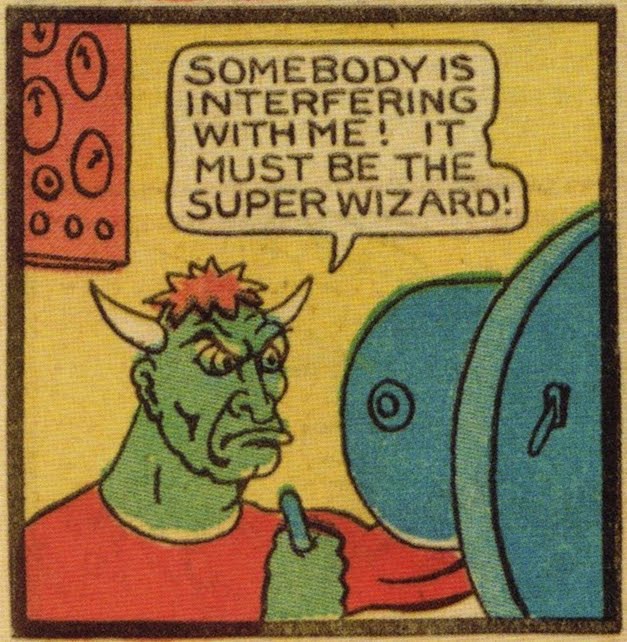Academics should understand it's fraud to sign off on PR:It's fraudulent for academics to give their names to medical articles ghostwritten by pharmaceutical industry writers, say two Canadian law professors who call for potential legal sanctions.
Studies suggest that industry-driven drug trials and industry-sponsored publications are more likely to downplay a drug's harms and exaggerate a drug's virtues, said Trudo Lemmens, a law professor at the University of Toronto. The integrity of medical research is also harmed by ghostwritten articles, he said.
As always, there is room for compromise:
Linda Logdberg of Fernbank Science Center in Atlanta wrote a second commentary. Logdberg worked in the medical communication industry for 11 years, and she offered her personal view of her work and why she did it.
Logdberg proposes eliminating the middlemen between drug companies and doctors by having pharmaceutical companies employ medical writers to work directly with researchers. The pharmaceutical company's role would be limited to fact-checking and related topics, meaning drug promotion would still happen, but would be in the hands of advertising agencies alone.
THAT WILL FIX IT.


8 comments:
The pharmaceutical company's role would be limited to fact-checking and related topics, meaning drug promotion would still happen, but would be in the hands of advertising agencies alone.
The power of the free market™!
Why does Substance hate the jerb creators?
~
God dammit, I'd take that job in a hot minute.
Some drunken homeless have reported growing tentacles out of their foreheads, but occurrences were rare and limited to people who actually didn't die. And people are terribly shortsighted if they are under-appreciating the value of tentacles growing out of their foreheads. Assuming the tentacles could be controlled, and learn to grip, the top shelf of the kitchen cabinets would no longer be out of reach!!
You could be wearing a hat, drink some clam juice and Bud, and then WHOOSH the tentacles flip your hat 360º and wait for the crowd reaction.
Then a tentacle pushes the APPLAUSE button.
Industry self-regulation and taxcuts are clinically proven to solve any problem.
Woman at Party: You Sir, are undressing me with your eyes!
Mikey: No ma'am those are my head tentacles.
Logdberg proposes eliminating the middlemen between drug companies and doctors by having pharmaceutical companies employ medical writers to work directly with researchers.
Who are these mysterious "middlemen"? And what does her second bit have to do w/ them?
Or advertizing agencies?
I'm not confused, I'm lost here.
Disclaimer, I know people who make a living doing medical writing (although none that ghostwrite for medical journals, AFAIK).
In Linda Logdberg's defense, there's this.
The comments of a ghostwriter are also revealing. Linda Logdberg, who decided to quit ghostwriting medical articles after more than 12 years, described the process as "marketing masquerading as science."
Part of the problem is that when these ghostwriters offer to do the work that professors would normally hive off onto a grad student - they don't disclose their industry links.
Maybe I'm being too optimistic about her motives, but it looks to me like she's calling for better guidelines for researchers and commercial writers to collaborate. Because the current problem is that in a lot of jurisdictions, there appear to be no rules at all.
There is a self-regulating credentialing organization for medical writers (teh AMWA - and in this case, their Canadian chapter) but there are no requirements for credentials to write anything. I'm okay with medical writing being treated like a serious profession and legal sanctions against non-credentialed persons doing this type of ghost-writing work. Provided strong transparency for the self-regulating body (and I don't know if this is in place or not).
I think the basic idea is that (some) professors are hungry to get their publication count into the triple digits or just lazy or wev. There's a strong incentive to publish (i.e. to not perish) and a free first author is going to be pretty attractive, so there may always be some ghostwriting that's going on. If there was officially sanctioned, open, transparent ghostwriting protocol with strong guidelines for disclosure and transparent regulatory and complaints mechanisms - then yeah, it might fix things. They just got to design it so that working within the rules offers a better risk-reward scenario than trying to cheat.
The other option seems to be eradicating plagiarism and academic fraud via unicorns that fart magical "professional behaviour dust"*.
*see the most recent edittion of the Canadian Journal of Information and Library Science for a revealing analysis of the benefits of "professional behaviour dust". Written by leading experts in the field and totes not sponsored by ProBe Dust Co.
OT - I guess you saw that ScentOfViolentlyOffensiveFarts is on double probation @ CT.
I'm worried, I just found out that Continued poor quality commenting will lead to a permanent ban!
I read her name as "Loadberg"- on an existential level, I was correct.
Post a Comment